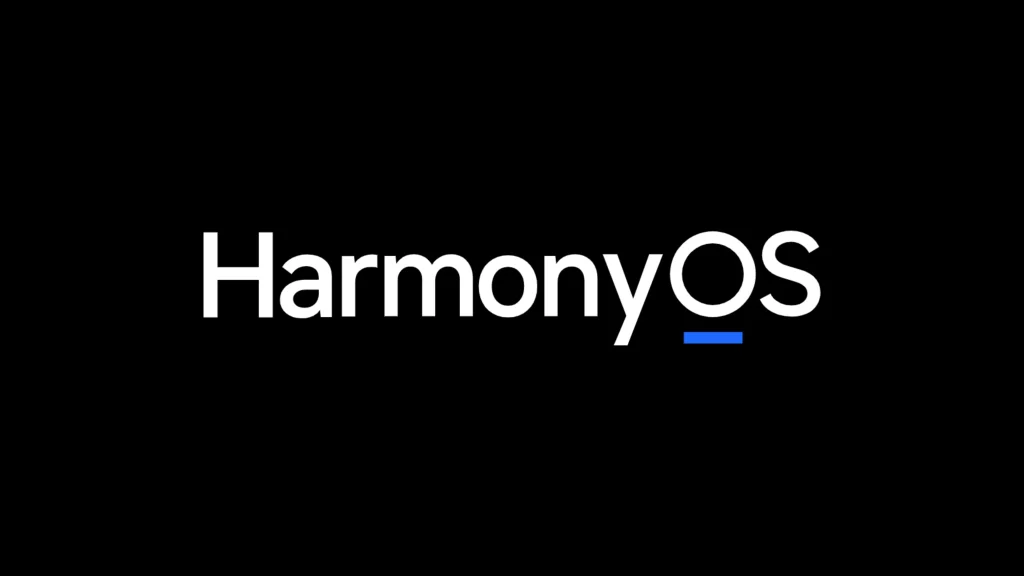Huawei is developing a new operating system called Harmony OS NEXT. Unlike their previous systems, this one won’t support Android apps, marking a big shift.
Now they’re making an even more notable change by adopting their own Harmony kernel as a base for HarmonyOS NEXT. This is a departure from the common Linux kernel, which forms the foundation of many operating systems, including Android.

This change is a big risk for Huawei, but it’s certainly motivated by the challenges they’ve faced due to global politics. HarmonyOS NEXT is their way of dealing with these problems and trying to make their own mark in the world of operating systems.
Huawei claims that HarmonyOS NEXT is three times more efficient than Linux. This means smoother operation and better use of resources in various devices like smartphones, wearables, and smart home devices. A key feature of this efficiency is said to be the “heterogeneous native” mechanism, which optimizes performance across different hardware.

Yu Chengdong, the CEO of Huawei’s Consumer Business Group, mentioned that their system, called Hongmeng in Chinese, is built on fully developed technology by Huawei itself. This makes it more adaptable to a wide range of devices.
Reportedly, HarmonyOS NEXT has also received 3-highest security certifications in the industry, ensuring kernel-level security.
The move to create HarmonyOS NEXT is part of a larger strategy for Huawei. They are clearly focusing on building their own independent infrastructure. Also, they’re keeping up with modern trends by including built-in AI features in the OS, which should provide smarter and more efficient services.
Whether HarmonyOS NEXT will be successful is still uncertain. Its success will depend on things like support from app developers, how well it works with different apps, and whether people like using it.
Related:
- Huawei P70 may launch by the end of March 2024: Tipster
- Unlock Savings: Discount on Every Giztop Product under the New Year Sale
- Lenovo Legion Y700 2023: Save $100 on this 8-inch gaming Android tablet
- Xiaomi 13 Ultra Premium Camera Phone is now only $799
- OnePlus partners with Pixelworks to Elevate Mobile Gaming Experience on the OnePlus 12
(Via)







